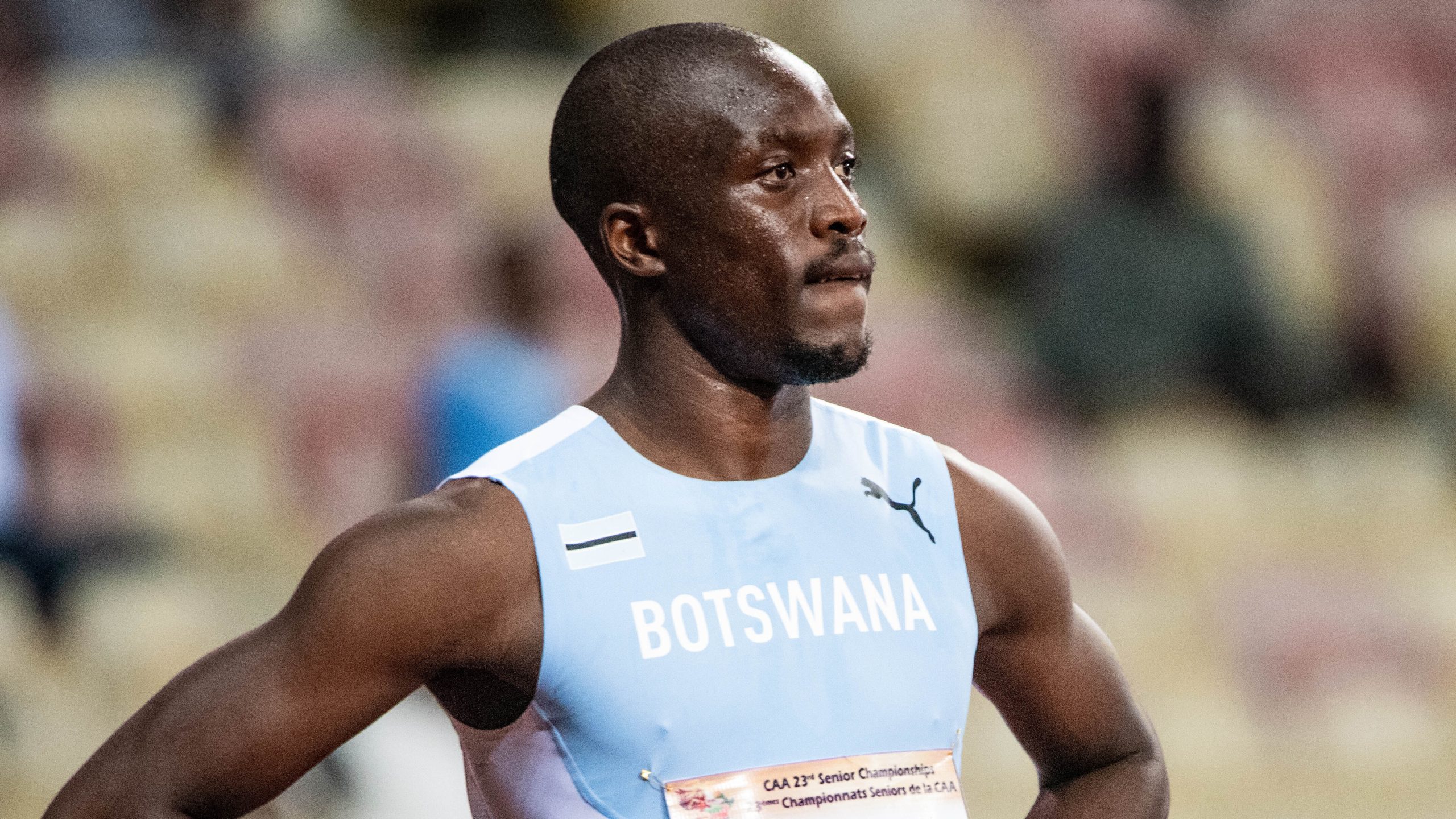
Sports Minister, John Enoh, has explained his decision to pay both foreign and home-based athletes their training grants midway into the Paris 2024 Olympic Games.
A top Team Nigeria official, who was part of the country’s contingent to the Paris Olympics, had carpeted the minister for paying training grants to athletes in the middle of the Games, describing it as a major distraction.
The official claimed that the minister paid each foreign-based athlete the sum of $6,000, while the home-based stars got $1,500 each. The position of the official was shared last week by one of the athletes to the Paris Olympics, 400m runner Emmanuel Ojeli, who told journalists in Lagos that the disparity caused disharmony among the athletes at the Games.
But Enoh explained to The Guardian, yesterday, how he arrived at his decision to pay the foreign-based athletes higher grants than the home-based stars.
“It is mischief at work and it is related to an attempt to fight back,” the minister said.
“I understand both because of my insistence to investigate the Favour Ofili matter, as well as my Channels interview where nothing I said was untrue anyway. Otherwise, with more than 80 per cent of Team Nigeria contingent being foreign-based, why will a decision now being made to seem as benefitting the foreign-based athletes more become the problem, especially because it will even be the first time home athletes are even benefitting and in so doing, technically, they benefitted double going by the ministry’s policy,” he said.
Buttressing his claim, Enoh revealed a response he got from the technical department of his ministry on how the home-based stars got more financial boost than their foreign counterparts in the build up to the Paris Olympics.
He said: “Foreign training grants are usually paid to the foreign-based athletes only to cover the costs incurred during the course of their preparatory training overseas because they usually are not part of the local training camp, while the home based athletes receive local camping allowances as well as the costs of their accommodation, feeding and training equipment/facilities covered during the period of the camping.”
Enoh listed the proportion of foreign/home-based athletes at the Paris 2024 Olympic Games thus: Athletics (28 foreign and seven home-based), badminton (0 foreign and 1 home-based), basketball (12 foreign and 0 home-based), boxing (one foreign and one home-based), canoeing (0 foreign and two home-based), cycling (one foreign and 0 home), football (18 foreign, 0 home), swimming (two foreign, 0 home), table tennis (four foreign, 0 home), taekwondo (one foreign, 0 home), weightlifting (0 foreign, two home), wrestling (two foreign, four home).
According to him, the country’s 86 athletes comprised 69 (80 percent) foreign-based and 17 home-based athletes (20 percent). On the timing of the payment of allowances, the Sports Minister said: “Because the payments have previously been made by cash, all games’ allowances, foreign grants, refund of tickets and winning bonuses are usually made during the Games proper.”






